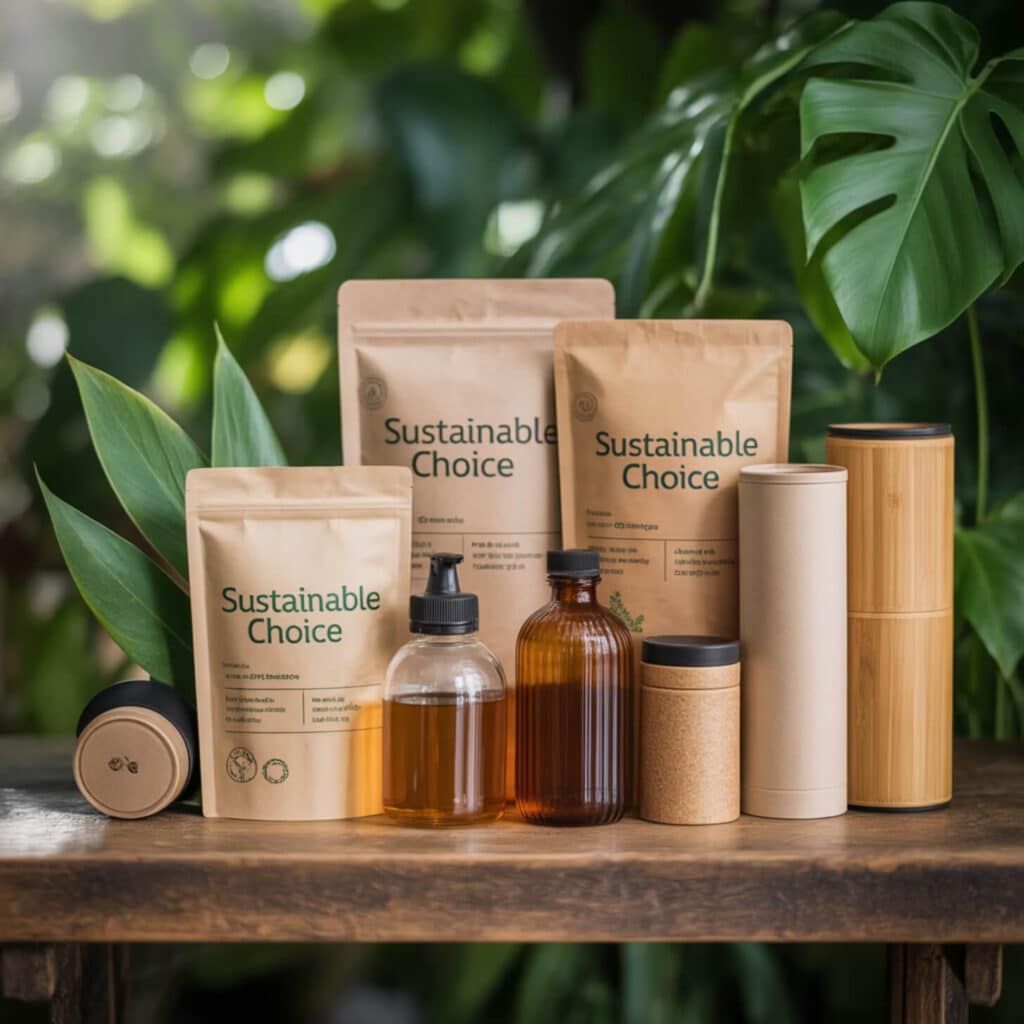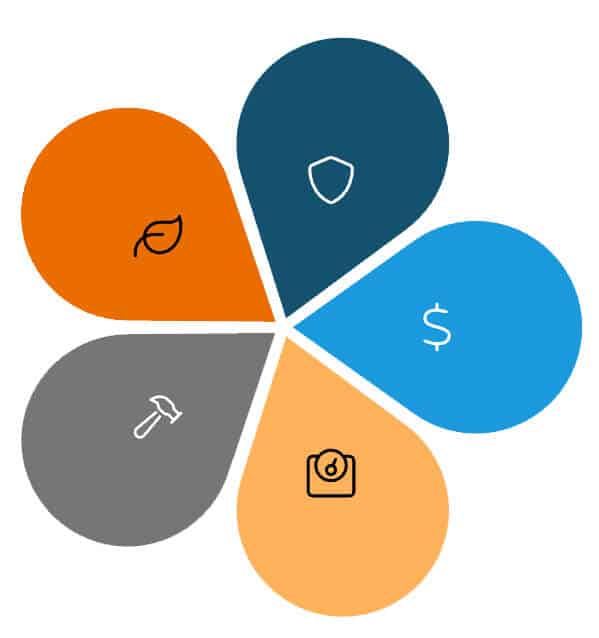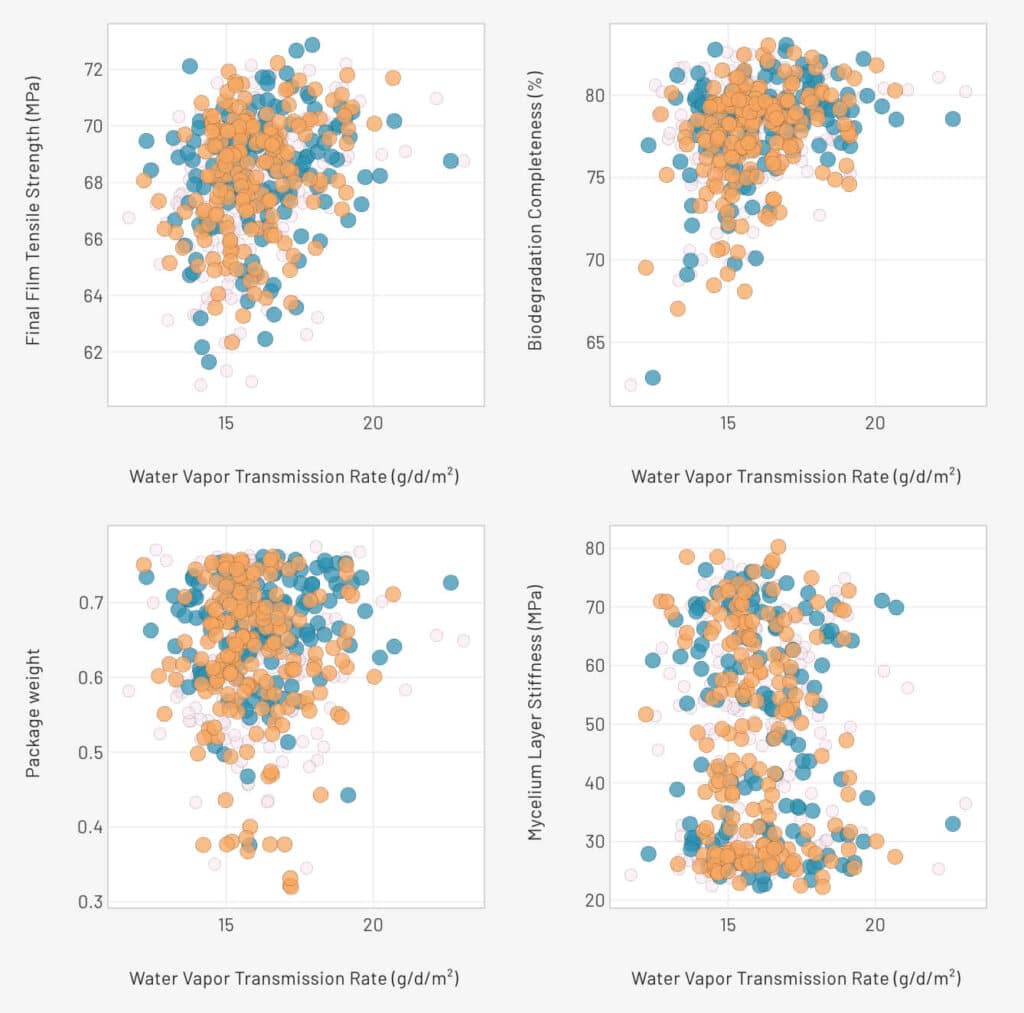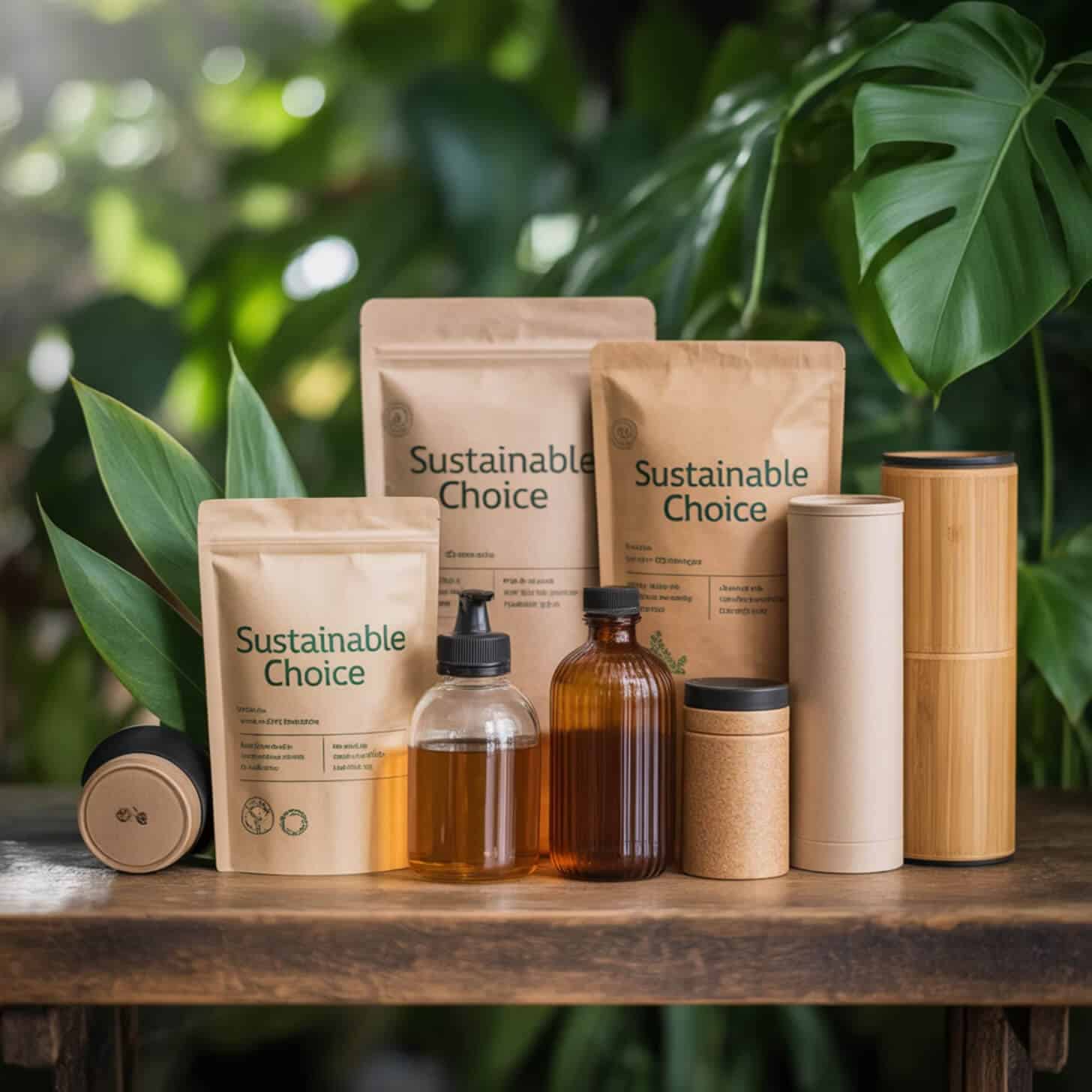Navigating Packaging Industry Challenges
In today’s rapidly evolving consumer packaging industry, manufacturers face unprecedented challenges across multiple dimensions. Driving sustainability with machine learning is becoming vital as the delicate balance between performance objectives, regulatory compliance, sustainability mandates, and supply chain volatility has created a complex landscape that traditional approaches struggle to navigate efficiently. As regulatory restrictions on chemicals like PFAS tighten and consumer demand for sustainable packaging grows, companies need innovative solutions that can accelerate their product development cycles while optimizing for multiple competing variables.

AI: A Game-Changing Technology
Artificial intelligence has emerged as a game-changing technology in this space, enabling companies to explore all options faster than ever before. Unlike traditional methods, where the number of time-consuming experiments scales exponentially with the number of options considered, AI can systematically evaluate millions of potential combinations to identify optimal solutions. This capability is transforming the “faster, better, cheaper” paradigm – where conventional wisdom suggested only two of these objectives could be achieved simultaneously – into an achievable reality where all three become possible. As one Senior R&D Scientist noted, “With ML, there is now potential to get all three.”
Multifaceted Business Benefits
The business benefits of AI-driven packaging innovation are substantial and multifaceted. Companies implementing these solutions are experiencing a 50-80% reduction in required experiments compared to traditional methods, dramatically accelerating time-to-market. This enhanced speed enables market acceleration, where new packaging solutions can be launched faster to gain competitive advantage. Additionally, AI facilitates enhanced optimization by balancing more objectives simultaneously and pushing performance boundaries. Perhaps most importantly in today’s volatile business environment, AI provides adaptive resilience – helping companies respond rapidly to new regulations, supply chain disruptions, and market shifts.
Real-World Impact: A Case Study
A compelling case study demonstrates the real-world impact of these technologies. A global materials conglomerate needed to remove PFAS chemicals from their adhesives while maintaining mechanical performance – a complex reformulation challenge with numerous variables and constraints. By implementing an AI-driven approach using the Citrine Platform, they screened millions of formulations in just three months, identifying 30 viable candidates and eventually discovering a breakthrough formulation. The result was saving two years of R&D work on a five-year project timeline, significantly accelerating their regulatory compliance while maintaining product performance.
Optimizing Multi-Layer Packaging
Multi-layer packaging is a prime application for AI-driven development. These complex structures combine various materials to achieve specific barrier, mechanical, and aesthetic properties. AI approaches excel at systematically navigating the inherent trade-offs often found in traditional development, allowing for optimal solutions across competing objectives like recyclability and cost.

Balancing Competing Objectives
Biodegradability
Meeting consumer and regulatory demands for environmentally friendly end-of-life options while maintaining product protection
Mechanical Strength
Ensuring durability throughout the supply chain, preventing product damage and maintaining consumer experience
Barrier Properties
Ensuring effective protection against moisture, oxygen, light, and contaminants throughout the product lifecycle

Production Cost
Optimizing material selection and processing parameters to maintain commercial viability and competitive pricing
Weight Reduction
Minimizing material usage to reduce transportation costs and environmental impact without compromising structural integrity
The Citrine Platform presents packaging experts with a ranked list of candidate materials, indicating their likelihood of success at hitting target properties. Trade-offs are visualized, and researchers can make strategic decisions about what to take to the lab.

Ready to learn how AI can transform your packaging development process?
Join the webinar to see firsthand how the Citrine Platform handles a multi-layer packaging challenge. This webinar will equip you with the knowledge and practical steps to integrate machine learning into your product development processes.
The Future of Consumer Packaging: Driving Sustainability with Machine Learning Technologies
- See how easy it is to use the no-code AI platform.
- Understand why a chemically aware platform is important for packaging materials.
- Learn how to harness AI to drive innovation and sustainability in your packaging initiatives.
